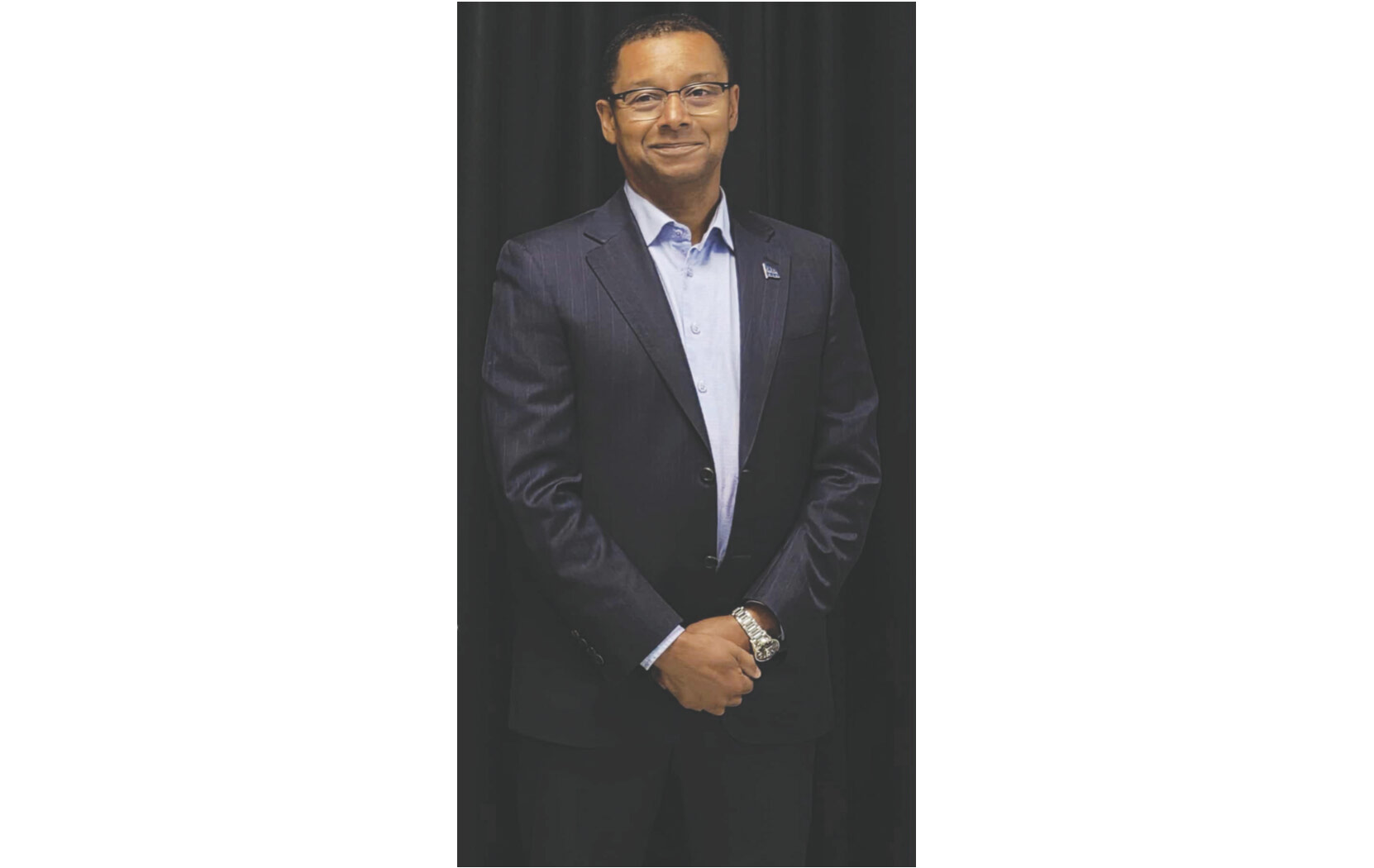New program links housing and mental health care in Gatineau
Tashi Farmilo
Confronted with a growing homelessness crisis worsened by mental health and addiction challenges, the Quebec government on September 25 officially launched the PRISM program (Reaffiliation in Homelessness and Mental Health) in Gatineau, an initiative designed to provide integrated supports for people facing multiple, overlapping vulnerabilities.
At a press conference alongside representatives from Gîte-Ami, Maison Réalité, the CISSS de l’Outaouais, and municipal officials, Quebec Social Services Minister Lionel Carmant stressed the scale of the problem: while homelessness has risen by 44 per cent across Quebec since 2018, the increase in the Outaouais region has topped 200 per cent. He noted that many people living on the streets, often struggling with severe mental health or substance-use issues, either avoid shelters or are refused entry because their needs cannot be met under existing models.
PRISM aims to bridge that gap by offering around-the-clock access, seven days a week, to permanent shelter beds combined with multidisciplinary clinical care, including a psychiatrist, a nurse, and psychosocial workers, for eight to 12 weeks of stabilization. Afterwards, participants will be supported in transitioning to permanent housing, with long-term follow-up provided by community organizations such as Maison Réalité. Gîte-Ami, which already manages multiple shelter sites in Gatineau, will operate the program’s dedicated beds.
The Gatineau rollout includes five continuous shelter beds and six places in supported housing. In Montreal, where the program has been active for several years, data show promising outcomes: roughly 62.5 per cent of participants remained in stable housing one year after completing the program, and most continued with psychiatric care.
Local organizations say the program is arriving at a critical time. Gîte-Ami reported more than 1,160 admissions in 2022–2023 across its four sites, a figure that has continued to climb, with makeshift encampments increasingly visible across the city. Advocates caution, however, that the region’s shortage of affordable housing could limit how far programs like PRISM can reach.
Despite those concerns, community leaders expressed optimism about the collaboration at the heart of the project. Maison Réalité, which specializes in psychosocial rehabilitation for people with mental illness, will play a central role in long-term support.
“We’re uniting our strengths to offer hope to those who need it most. This program is more than a service, it’s a pathway toward dignity and stability, and a chance at a better future,” said Minister Carmant.

